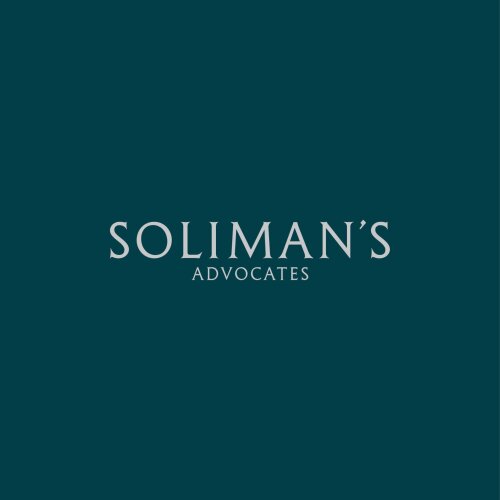Best Telecommunications and Broadcast Lawyers in London
Share your needs with us, get contacted by law firms.
Free. Takes 2 min.
List of the best lawyers in London, United Kingdom
About Telecommunications and Broadcast Law in London, United Kingdom
Telecommunications and Broadcast law in London, United Kingdom, encompasses various legal regulations formulated to control the telecommunications and broadcast industry. The laws are designed to protect consumers, uphold competitive practices, and manage spectrum frequencies. They also oversee business transactions in the media and telecoms sector including matters related to media rights, cable, broadband, mobile communication, broadcasting, digital media, sponsorship, and advertising.
Why You May Need a Lawyer
Given the complexity and rapidly evolving nature of the telecoms and broadcast sector, you may need a lawyer for several reasons. These can include licensing issues, regulatory compliance, data protection, competition law matters, contract negotiations, disputes relating to media and telecom services, or navigating mergers and acquisitions in the sector.
Local Laws Overview
In the UK, the major laws that rule the telecommunications and broadcast sector include the Communications Act 2003, the Broadcasting Act 1990, and the UK’s Broadcasting Code set out by Ofcom. The Communications Act governs and regulates digital communications, including broadband, home phone, mobile, and TV, whereas the Broadcasting Act is based on the provision of independent television and radio services. The UK’s Broadcasting Code ensures that content broadcast on TV and radio meets required standards.
Frequently Asked Questions
1. What is Ofcom and what does it do?
Ofcom, or the Office of Communications, is the UK's government-approved regulatory authority for broadcasting, telecommunications, and postal industries. It ensures that these sectors work for everyone, protects consumers, and holds providers to account.
2. Do I need a license to broadcast in the UK?
Yes, under the Communications Act 2003, a license by Ofcom is mandatory to broadcast any television or radio content in the UK.
3. How does competition law apply to the telecoms and broadcast sector?
Competition law promotes fair competition by prohibiting practices that restrict competition, abuse of dominant position, or unapproved mergers. Telecom and broadcast businesses must ensure they operate in line with these regulations.
4. What are the key aspects of data protection in telecoms and broadcast?
Telecom and broadcasting companies often handle large amounts of personal data. Under UK law, particularly the Data Protection Act 2018, they are required to protect this information, ensuring it's not misused or disclosed without consent.
5. What legal obligations do advertising and sponsorships in broadcast media face?
The UK’s Advertising Standards Authority (ASA) and Broadcasting Committee of Advertising Practice (BCAP) set the guidelines for advertisements. Broadcasters have a legal obligation to ensure that advertising and sponsorship are clearly distinguishable from editorial content and do not influence the content and scheduling of a programme.
Additional Resources
Other helpful resources in understanding telecommunications and broadcast law in the UK include the UK Internet Services Providers’ Association (ISPA), the Department for Digital, Culture, Media and Sport (DCMS), and the Competition and Markets Authority (CMA). These organizations provide valuable insights into the industry's legal framework.
Next Steps
If you need legal assistance in the field of Telecommunications and Broadcast, consider hiring a lawyer specialized in this field. They can provide guidance and advice specific to your situation, ensure your business is compliant with current laws, help avoid potential legal problems, and represent you in any disputes or negotiations.
Lawzana helps you find the best lawyers and law firms in London through a curated and pre-screened list of qualified legal professionals. Our platform offers rankings and detailed profiles of attorneys and law firms, allowing you to compare based on practice areas, including Telecommunications and Broadcast, experience, and client feedback.
Each profile includes a description of the firm's areas of practice, client reviews, team members and partners, year of establishment, spoken languages, office locations, contact information, social media presence, and any published articles or resources. Most firms on our platform speak English and are experienced in both local and international legal matters.
Get a quote from top-rated law firms in London, United Kingdom — quickly, securely, and without unnecessary hassle.
Disclaimer:
The information provided on this page is for general informational purposes only and does not constitute legal advice. While we strive to ensure the accuracy and relevance of the content, legal information may change over time, and interpretations of the law can vary. You should always consult with a qualified legal professional for advice specific to your situation.
We disclaim all liability for actions taken or not taken based on the content of this page. If you believe any information is incorrect or outdated, please contact us, and we will review and update it where appropriate.










